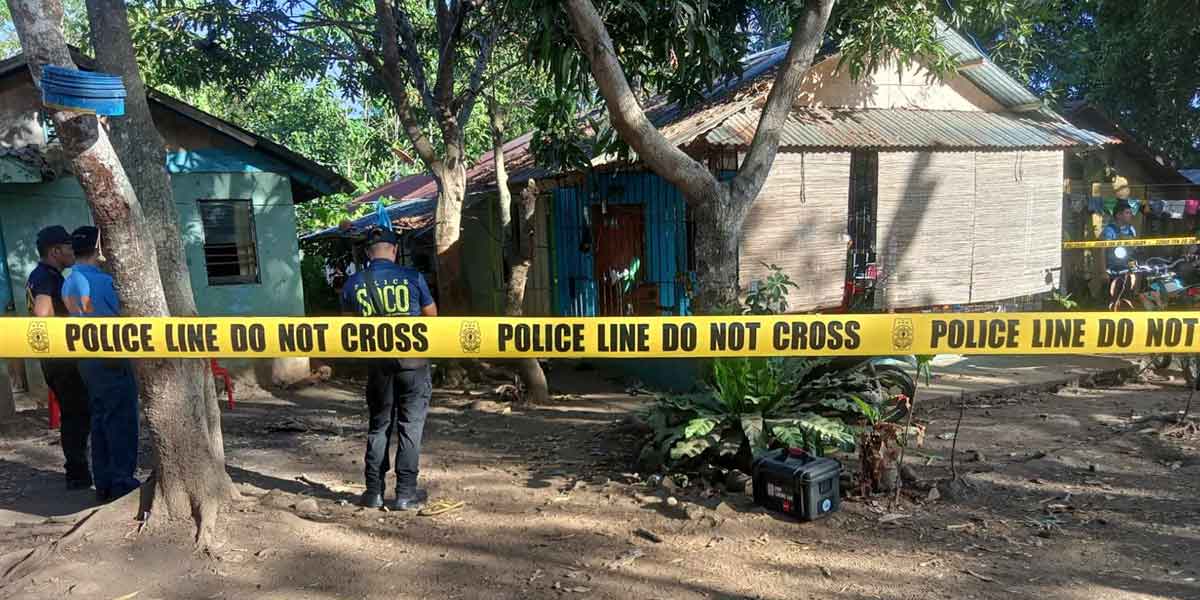 By Joshua Corcuera
By Joshua Corcuera
No permit, no exam, or NPNE, is a policy still enforced by some educational institutions in the country. The name of the policy is simple and straightforward, if a student does not have a permit, then that student cannot take the exam.
This is the sad reality in many higher educational institutions in the Philippines. When a student was unable to take an examination in a specific subject, there is a high probability that the student would fail on that subject.
As a result, there is a need to take that subject again in the next semester as an irregular student. From here, we can see that time and money were wasted due to NPNE. It can be deduced that the policy is anti-student and anti-poor. Thus, why do some schools still implement such unfair policies? And is there something that ordinary students can do about it?
Many students and student organizations criticize colleges and universities which are implementing the NPNE policy. Besides tuition fee increase, which is normally an issue concerning universities every year, NPNE is considered to be burdensome for students especially those who are less privileged in life.
From a personal perspective, many educational institutions have become a business where profits are prioritized rather than teaching students into lifelong learners who think with an open heart and a discerning mind. Albeit universities would need to compensate professors, staff, and other expenses, giving leniency to less privileged students is just as needed.
After all, an educational institution would struggle if there are just a few students. Hence, it is important for university administrators to listen to them.
Some may argue that universities and colleges provide scholarships to students. This is somehow helpful but not everyone can enjoy such privilege. For instance, I am also a scholar entitled to free tuition with a monthly allowance. At the same time, there are strings attached, particularly maintaining good grades per semester. Otherwise, I would lose my scholarship and the privileges attached to it.
Scholarships are beneficial for gifted students, but not everyone is intellectually-gifted. In college, most — if not all — students are much determined to achieve their goals. Yet, their determination and efforts cannot be an assurance that they would be rewarded with scholarships or tuition discounts partly because of how difficult college is. Despite this, giving scholarships to more students would be welcomed but this cannot solve everything.
To put an end to the NPNE policy and not increasing tuition and other fees are the two essential steps that educational institutions can take to be more compassionate to their students. It is imperative for students and organizations to keep on fighting against apparent anti-student measures.
Furthermore, authorities should discuss on how to make sure that everyone has access to quality education.
More importantly, it is always important for university administrators to listen to students because they serve as the lifeblood of the educational institution. Without them, the university would cease to exist in the first place. We must all remember that education is a right, not a privilege.





















